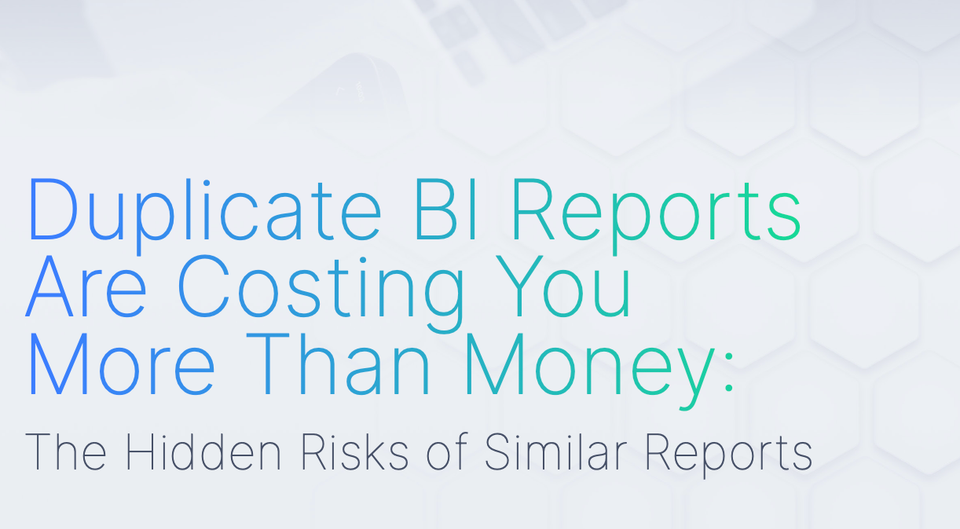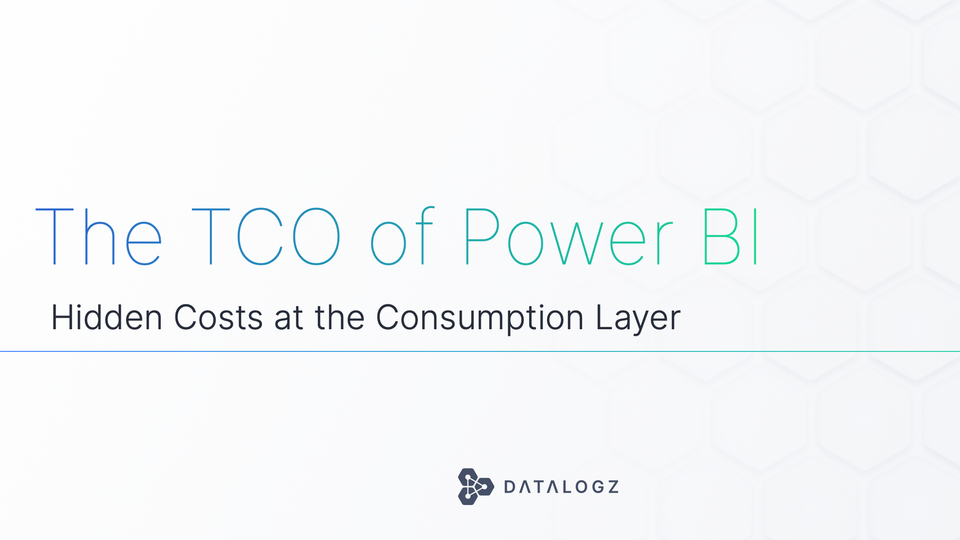How to Ensure Data Accuracy and Consistency with BI Ops?
Data governance, data cleansing, data validation, and data integration are essential components of BI Ops that help ensure data accuracy and consistency.

Business Intelligence Operations (BI Ops) refers to the processes and systems used to manage and optimize the flow of data in an organization. BI Ops plays a critical role in ensuring data accuracy and consistency, which are essential for making informed business decisions. In this blog post, we will explore the key components of BI Ops that help ensure data accuracy and consistency.
Data Governance
Data governance is the foundation of BI Ops. It involves establishing data standards, policies, and procedures to ensure that data is accurate, consistent, and secure. Without data governance, there is a risk that data will be inconsistent, duplicated, or incorrect, which can lead to poor business decisions.
A report by Gartner found that poor data quality costs organizations an average of $15 million per year. Data governance helps to mitigate this risk by establishing data standards and procedures that ensure that data is accurate and consistent.
Data Cleansing
Data cleansing is the process of identifying and removing errors, inconsistencies, and duplications in data. This is an essential step in ensuring data accuracy and consistency. Without data cleansing, data can be incomplete or incorrect, leading to poor business decisions.
A study by Experian found that poor data quality can result in lost revenue, decreased customer satisfaction, and increased costs. Data cleansing helps to mitigate these risks by removing errors and inconsistencies in data.
Data Validation
Data validation is the process of verifying data accuracy and completeness. This is a critical step in ensuring data accuracy and consistency. Data validation helps to ensure that data is correct and complete, reducing the risk of poor business decisions.
A report by IBM found that poor data quality can result in lost revenue, decreased customer satisfaction, and increased costs. Data validation helps to mitigate these risks by ensuring that data is accurate and complete.
Data Integration
Data integration is the process of combining data from multiple sources and systems. This is an essential step in ensuring data consistency across an organization. Without data integration, there is a risk that data will be inconsistent or incomplete, leading to poor business decisions.
A report by IDC found that poor data integration can result in lost productivity, increased costs, and decreased revenue. Data integration helps to mitigate these risks by ensuring that data is consistent across multiple systems and sources.
In conclusion, BI Ops plays a critical role in ensuring data accuracy and consistency. Data governance, data cleansing, data validation, and data integration are essential components of BI Ops that help ensure data accuracy and consistency. By implementing these processes and systems, organizations can make informed business decisions and mitigate the risks associated with poor data quality.
Key takeaways:
- BI Ops plays a critical role in ensuring data accuracy and consistency.
- Data governance is the foundation of BI Ops and involves establishing data standards, policies, and procedures.
- Data cleansing is the process of removing errors, inconsistencies, and duplications in data.
- Data validation is the process of verifying data accuracy and completeness.
- Data integration is the process of combining data from multiple sources and systems.
- Implementing these processes and systems can help organizations make informed business decisions and mitigate the risks associated with poor data quality.




